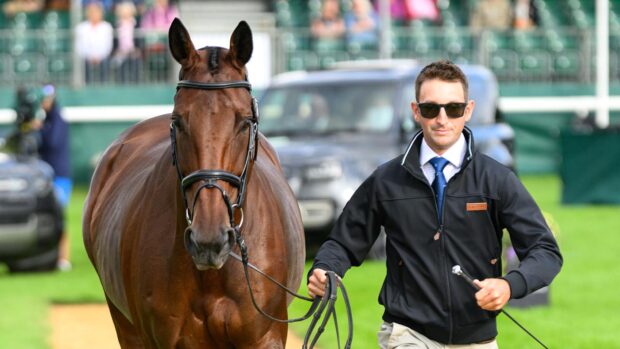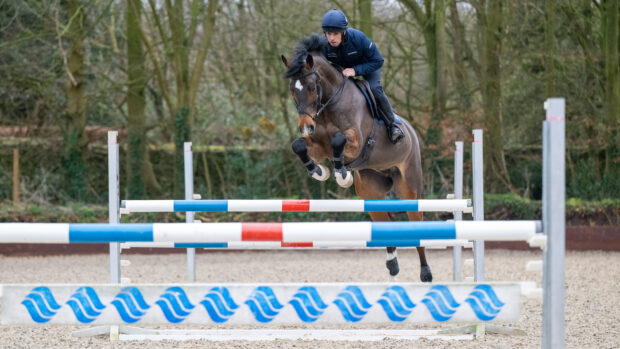Make a plan at the outset for the “worst case scenario” with the hope you never have to use it – that was the key takeaway message from a recent legal webinar on navigating co-ownership.
Hannah Bradley, of the Equine Law Firm, and Jodie Seddon, of Aria Grace Equine Law, took attendees through some of the major pitfalls to avoid – and using head over heart at the outset can help towards a smoother journey, during a recent webinar.
Headlines included why a 50:50 split is the “nightmare” scenario, and why exit provisions must be considered at the start.
“We all come into [ownership] in the right way,” said Ms Seddon, adding that the shape co-ownership takes is always “terribly personal”.
“I’ve dealt with co-ownerships where people literally want to just be given a list of shows, and I’ve dealt with co-ownerships where people want weekly updates, when the vet is called, what the horse is doing each week and genuine day-to-day involvement.
“There is no right or wrong – and this is why it’s so important that it’s correctly documented.”
Ms Seddon said she encourages clients to plan for the worst case at the outset. Areas to consider include what happens if the horse or rider is injured, if one party wants to leave, if there are disagreements regarding direction or plans for the horse, or a member of the co-ownership faces bankruptcy or dies. Accurate, up-to-date record-keeping is also recommended.
“There’s no point pretending it’s all sunshine and butterflies and blue skies – we all know that horses are horses,” she said.
“Hopefully, you put the agreement in the drawer, you never have to look at it again and you have a wonderful successful co-ownership. But sometimes, it doesn’t work.”
She added: “I find that by giving people a decent contractual structure to deal with any potential issues, it actually often helps to alleviate them, because it means that people keep talking – which is key.”
Ms Bradley warned that a 50:50 ownership split can create a “deadlock”, so people can find themselves in a situation that is very hard to resolve, and encouraged anyone opting for this split to work out how they would resolve an impasse.
“Know who you’re getting into the arrangement with,” she added. “That sounds really obvious, but you might be entering into a situation with people who you don’t know from Adam – even in smaller co-ownership arrangements.
“It’s really important from the outset to understand who these people are. You want their full details and residential addresses because if things go wrong, it can be too late.”
Considering how valuations would be approached should also be set out at the start, as should any breeding rights, plus what happens to the horse if any disputes are ongoing.
The pair also encouraged those in co-ownerships or syndicates to consider factors such as confidentiality and privacy, to be clear on what benefits are included and policies on how any owners’ passes or tickets are allocated.
“A contract only goes so far – nothing beats human relationships, picking up the phone, just having a chat,” said Ms Seddon.
“People invest in and put so much into the animals and the sport because they love it. You’ve got to take a step back and be very sensible at least at the outset – get the paperwork done, then go and enjoy it.”
You might also be interested in:

Subscribe to Horse & Hound magazine today – and enjoy unlimited website access all year round

How to protect yourself when buying or selling horses: legal experts share helpful advice

The expense of horses: should I buy, share or have lessons?
Horse & Hound magazine, out every Thursday, is packed with all the latest news and reports, as well as interviews, specials, nostalgia, vet and training advice. Find how you can enjoy the magazine delivered to your door every week, plus options to upgrade your subscription to access our online service that brings you breaking news and reports as well as other benefits.





